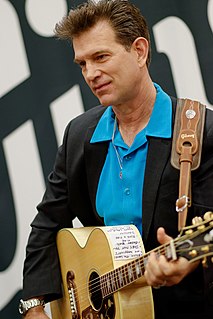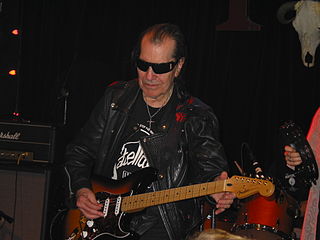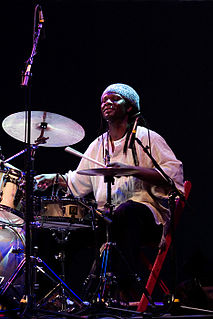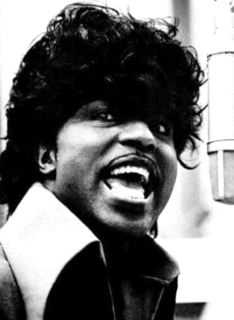A Quote by Marty Stuart
Doing a thing call the Hillbilly Rock, some say it came from Elvis down in Tennessee.
Related Quotes
To some extent, the idea that rock 'n roll used to have this sort of free antediluvian identity, frolicking in the 1950s with Elvis or something, is totally wrong. It's insane. Elvis' relationship with Colonel Parker, his manager, was one of the most possibly corrupt, certainly lucrative, and intense business partnerships ever in rock n' roll.
I'm writing this down, because it is going to be hard for me to say it. Because this is probably our last time just us. See, I can write that down, but I don't think I can say it. I'm not doing this to say goodbye, though I know that has to be part of it. I'm doing it to thank you for all we have had and done and been for one another, to say I love you for making this life of mine what it is. Leaving you is the hardest thing I have to do. But the thing is, the best parts of me are in you, all three of you. You are who I am, and what I cherish in myself stays on in you.
I will say, this is something, this praying for people to die thing, that's something that I came to believe was unscriptural. And for years, I made these arguments to my family, in writing, privately in letters that didn't get responses and in interviews. And for a while, they just doubled down. Eventually, they came to stop doing it.



































